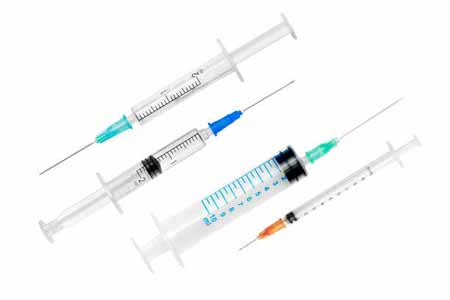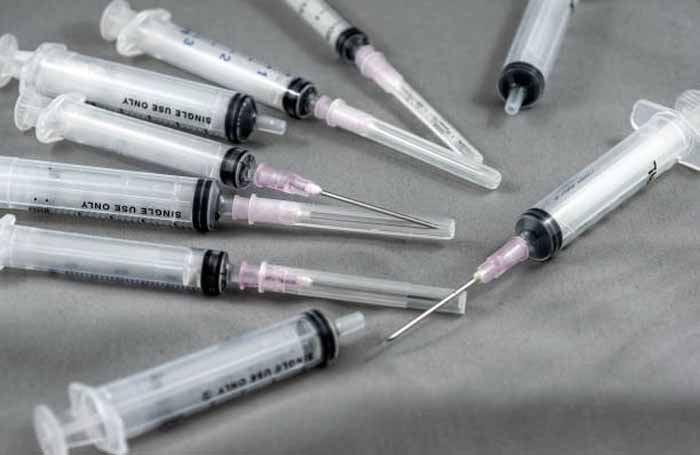There are different types of syringes, so you should be aware of them. For example, disposable syringes are chemical-resistant. You may prefer using glass syringes. Read on for more information about syringes. This article will discuss the different types and sizes of syringe needles. Using the right syringe for the job is critical, so you should understand what to look for when choosing one.
Disposable Syringes are Chemically Resistant

Two-part, polyethylene disposable needles and syringes are compatible with a variety of chemical substances. These syringes are typically non-sterile and chemically resistant, and feature permanent graduations and a transparent barrel for easy liquid monitoring. Disposable plastic syringes feature a standard conical fitting and 6% Luer taper. They are also available with a Luer-Lok or Luer-slip connector. The former is ideal for general lab use, while the latter is preferred for high precision or when the plastic syringes may leach plasticizers.
Non-disposable glass syringes may be preferred
A non-disposable glass syre needle may be preferred for a variety of reasons. It’s less likely to be damaged by chemicals, and it’s more durable than a disposable plastic syringe. A non-disposable glass syringe also is better for applications requiring high precision and chemical resistance. In addition, glass syringe needles are less likely to leach plasticizers into the fluids they inject, Browse around this website.
Size of syringe needles
The syringe needles used in medical procedures must have a certain size, or gauge, to allow them to be used in a specific application. There are different needle gauges for various types of injections, including intradermal, subcutaneous, and muscle. For more information, see the following infographic. The chart below shows the different needle gauges and their corresponding usages. While the sizes for human and veterinary needles are the same, some syringes have different gauges for animal use.
Types of syringes
Various types of syringe needles are used for various purposes. They can be used in the food industry for injecting filling into pastry, enhancing meat flavor, and refilling fountain pen ink cartridges. These are also used for lubrication and glue injections without spilling. But which type is right for you? Read on to learn more. This article explains the different types of syringe needles.
Conclusion:
Most syringes are disposable, but there are some differences between these types of syringes. Some are equipped with a needle attached to them while others do not. The size of a syringe needle depends on how much medication you need to administer. You can also find the type that comes with a protective cap. A few other differences include the gauge size and the thickness of the needle.

